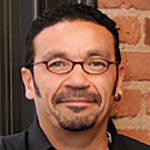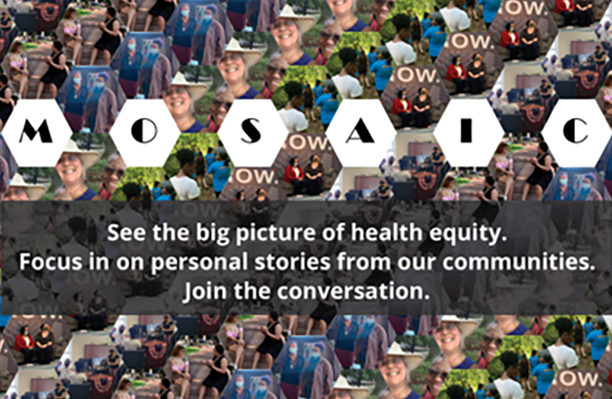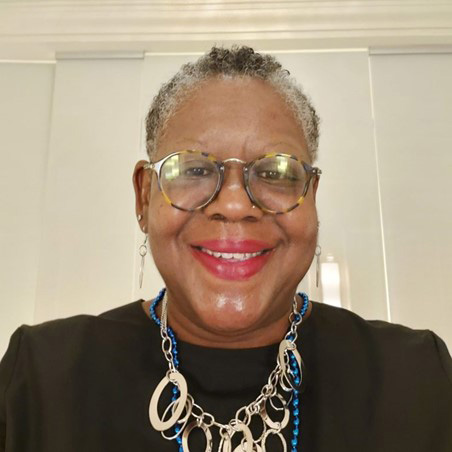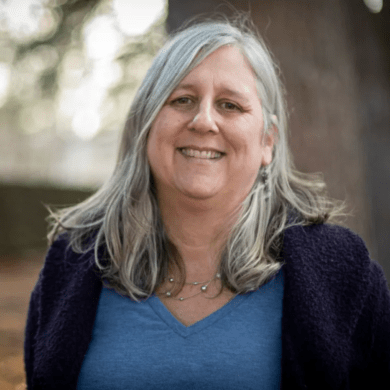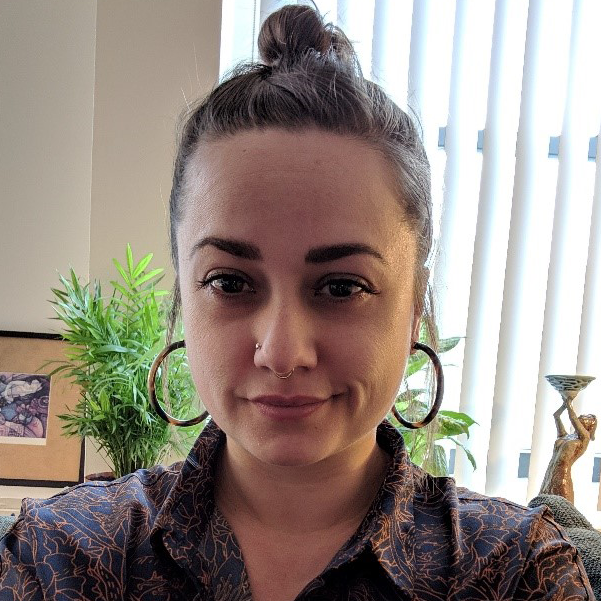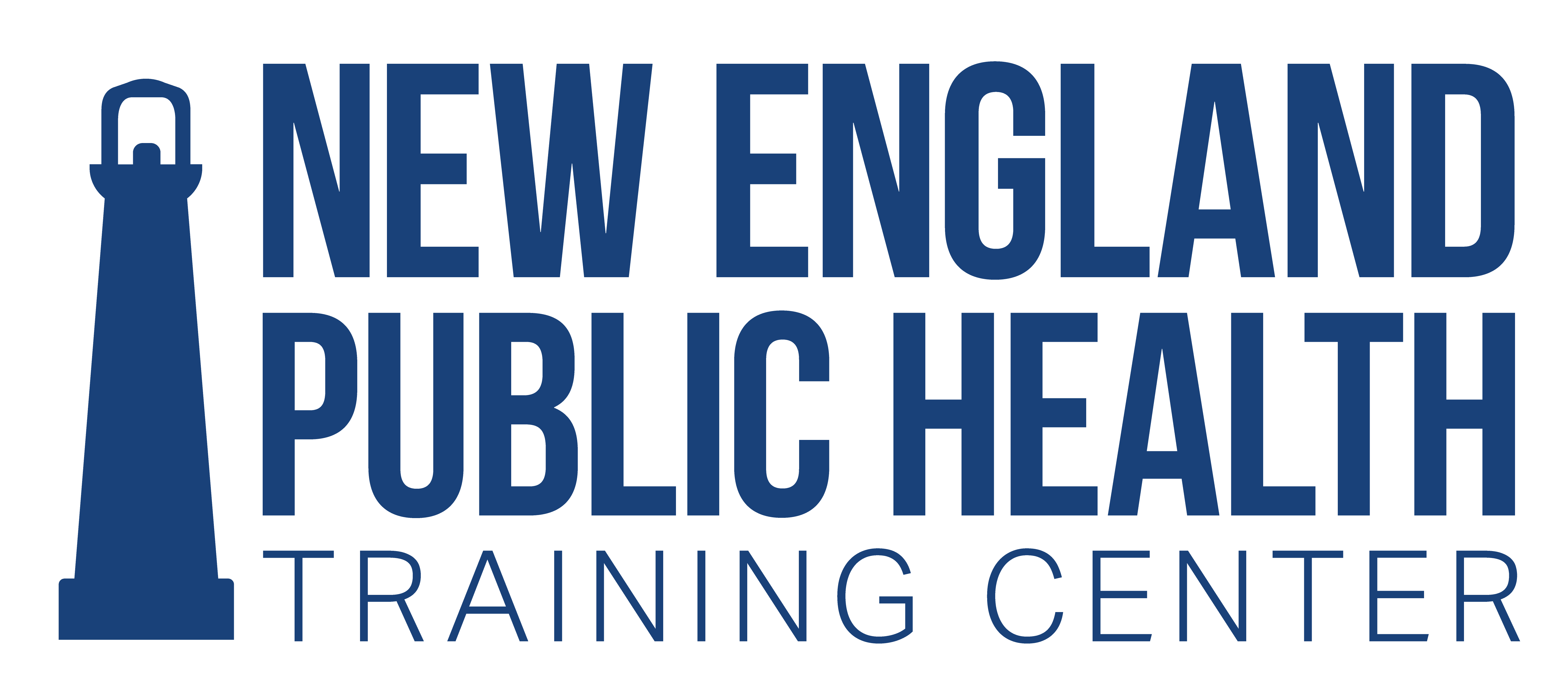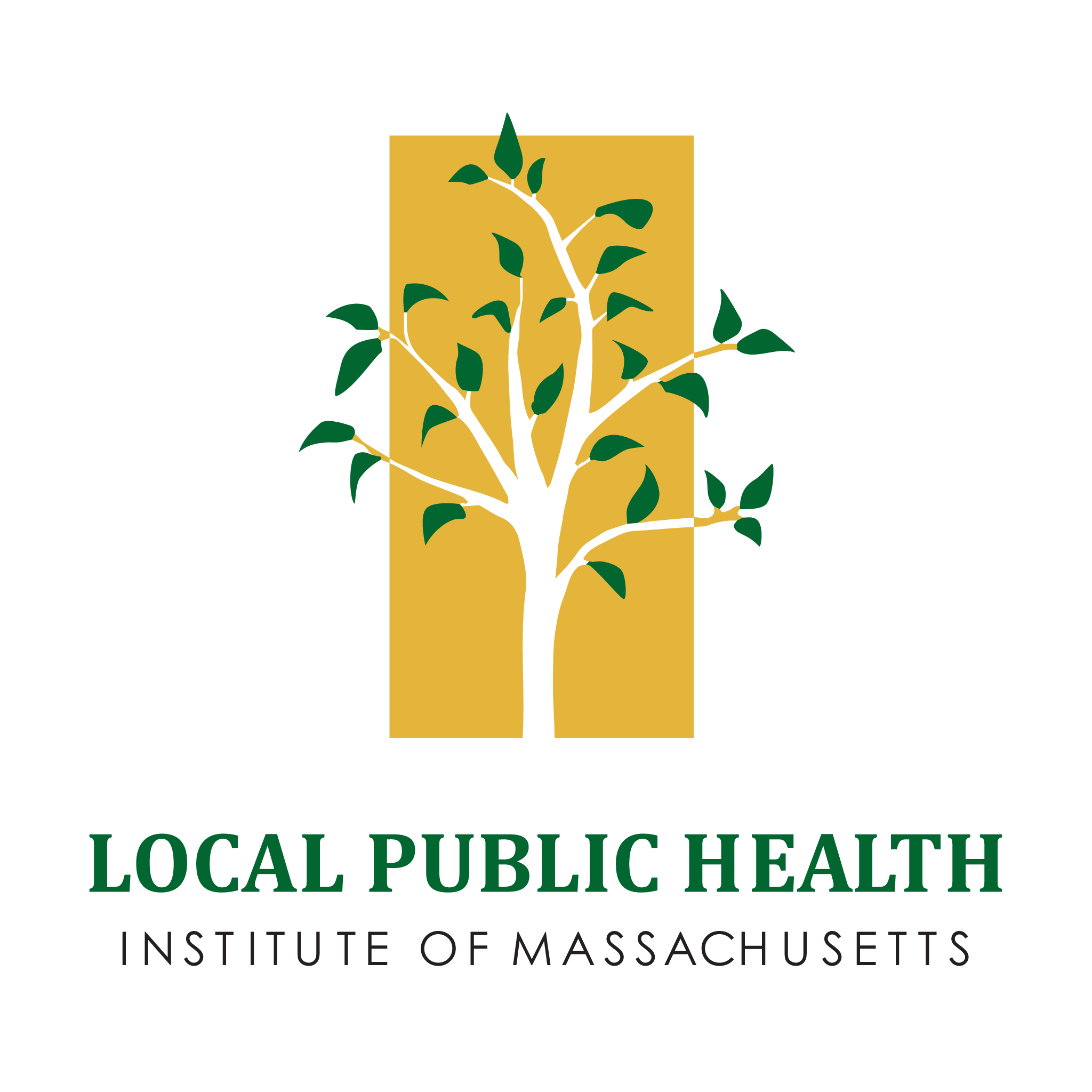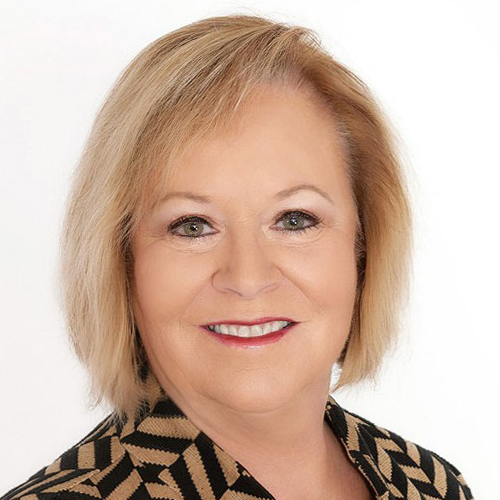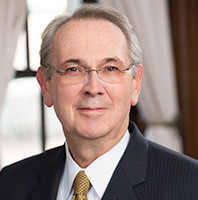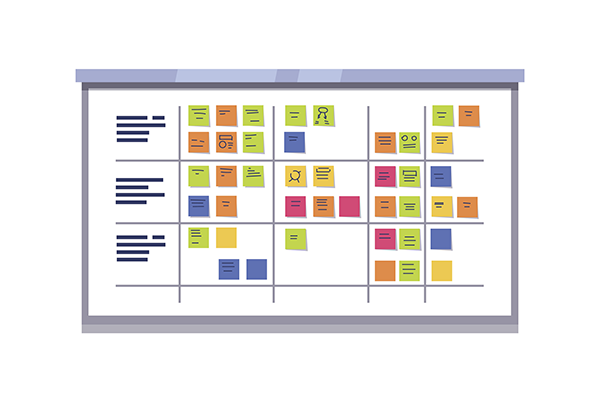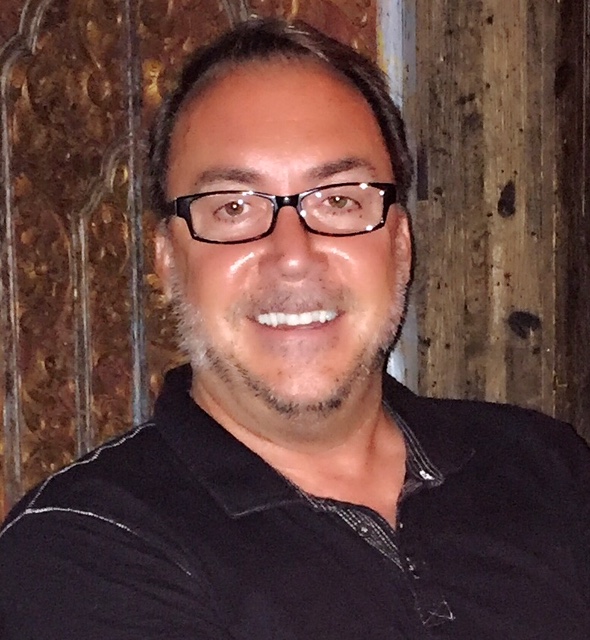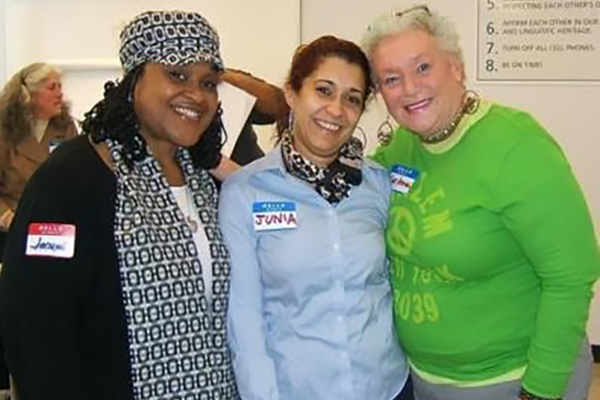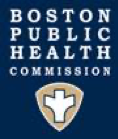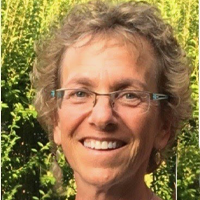
Introduction to Systems Thinking
How do you solve problems by addressing their underlying causes rather than treating the symptoms?
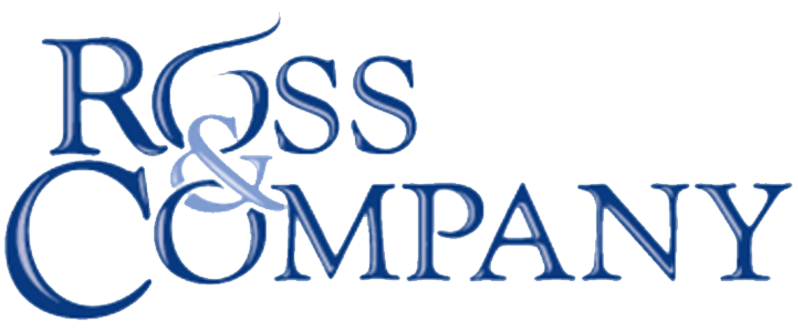
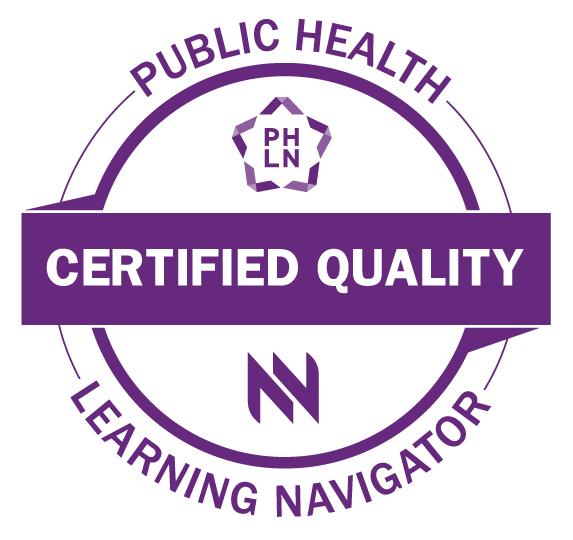
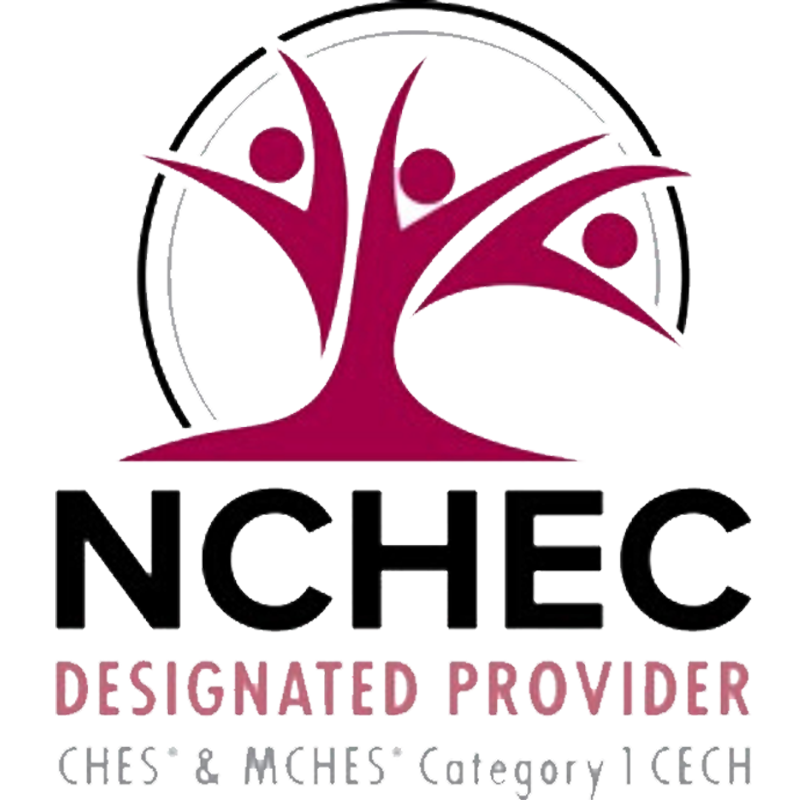
Course Information
- Audience: Public health professionals, or a related professionals who collaborate to improve population health or work to improve the social determinants of health
- Format: Self-paced
- Price: Free
- Length: 1 hour
- Credential(s) eligible for contact hours: Sponsored by New England Public Health Training Center (NEPHTC), a designated provider of continuing education contact hours (CECH) in health education by the National Commission for Health Education Credentialing, Inc. This program is designated for Certified Health Education Specialists (CHES) and/or Master Certified Health Education Specialists (MCHES) to receive up to 1 total Category I continuing education contact hours. Maximum advanced-level continuing education contact hours are 1. Provider ID: 1131137 Event ID: SS1131137_IST.
If you are not seeking CHES/MCHES contact hours, if you complete the evaluation, you will receive a Certificate of Completion. The Certificate will include the length of the course. - Competencies: Leadership and Systems Thinking Skills
- Learning Level: Awareness
- Companion Trainings: 1 day live training, offered periodically through NEPHTC
- Supplemental materials: None
- Pre-requisites: None
- Technical Requirements: This training was created with Articulate Storyline. Please refer to the Articulate 360 System Specifications to ensure your system meets the minimum requirements for viewing.
About this course
This self-study course introduces learners to the fundamental tools of Systems Thinking.
Systems thinking provides a framework for identifying and addressing the underlying causes of complex problems. This approach minimizes responding to problem symptoms and the associated unintended consequences of quick fixes.
This training will provide an overview of key concepts and specific tools for use with a systems thinking approach.
Systems thinking skills were identified as one of the top new skills needed by the public health workers in a recent report “Building Skills For a More Strategic Workforce” from the National Consortium for Public Health Workforce Development.
What you'll learn
After completing this course, you will be able to...
- Define Systems Thinking and describe its application in understanding and resolving complex problems.
- Explain three Systems Thinking tools (the Iceberg, System Archetypes, and Belief/Action/Results (BAR) framework).
- Apply these Systems Thinking tools to an important issue in your workplace.
Subject Matter Expert
Enrollment and Contact Hours
The Certificate of Completion will include the length of the module. Generally 50 – 60 minutes is equivalent to 1 contact hour. Contact hours may be applicable towards continuing education requirements for certain credentials. Check with your credentialing body to verify if the topic meets its continuing education requirements.
Having trouble accessing the course? Contact support@nephtc.org


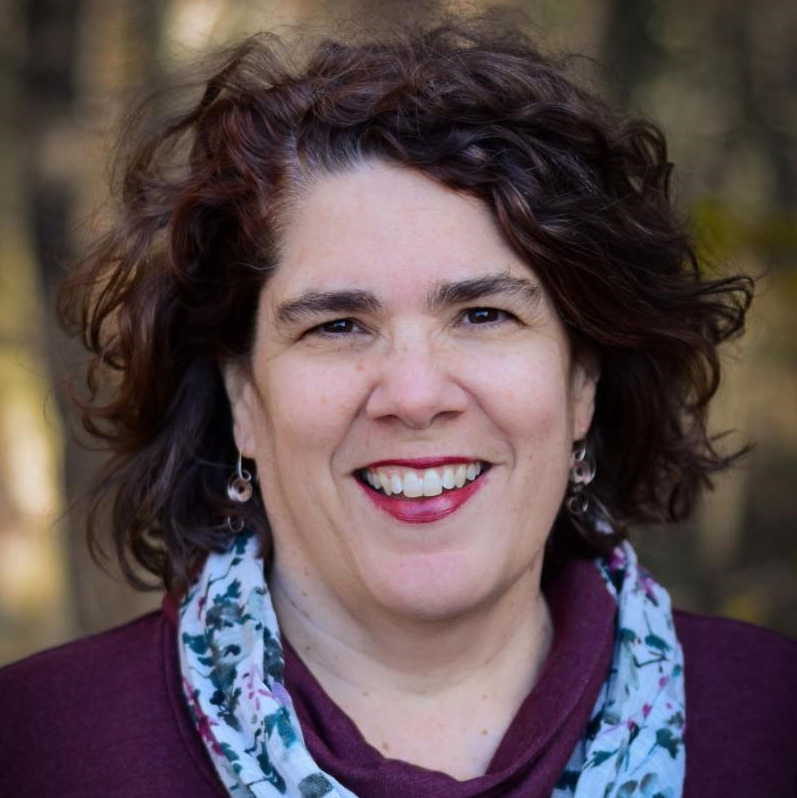



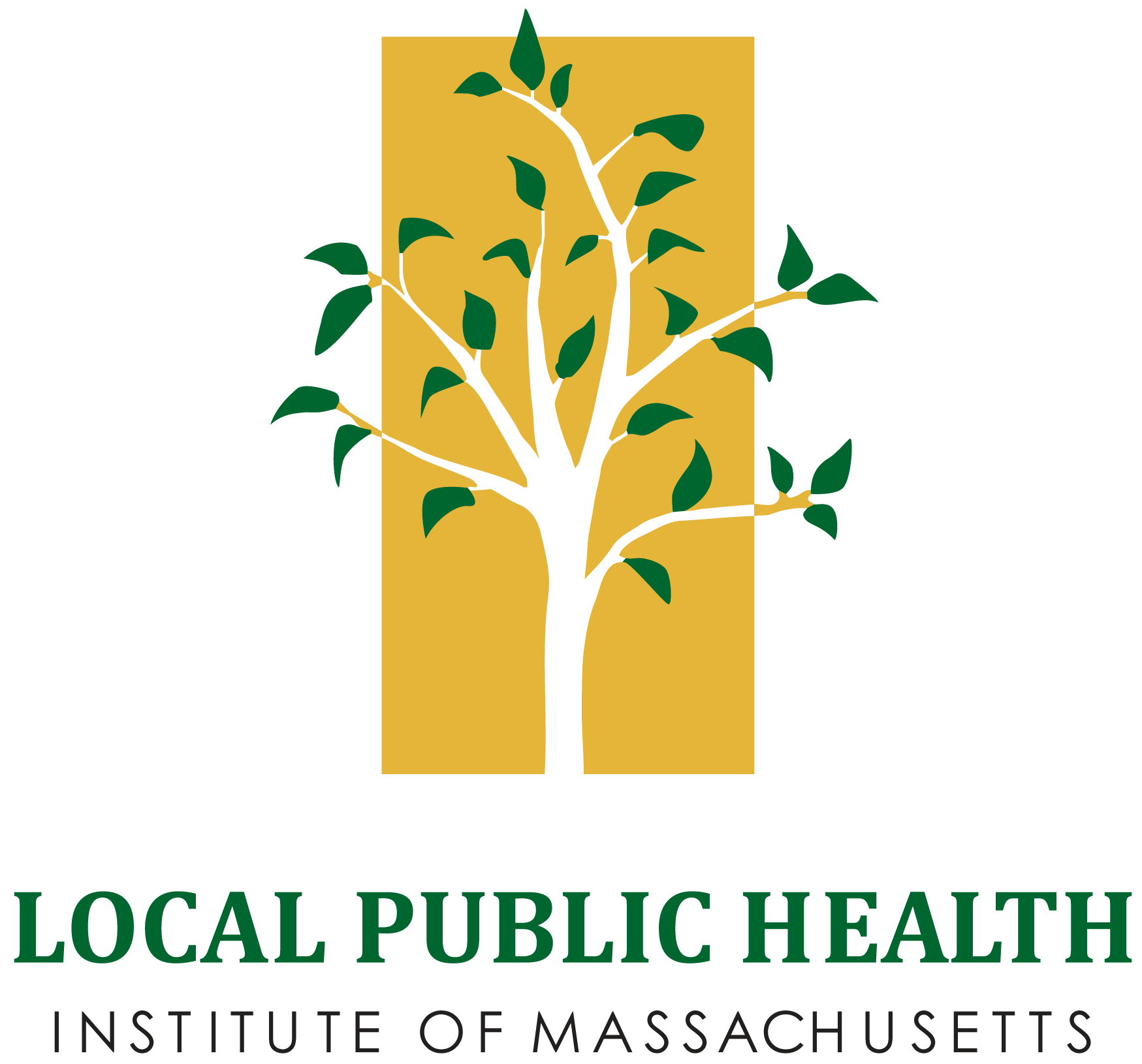





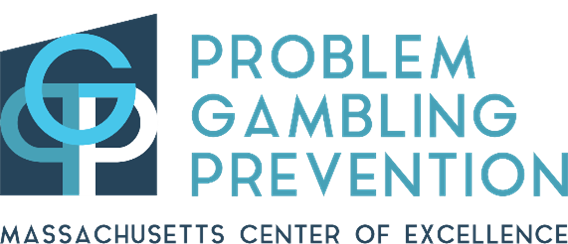
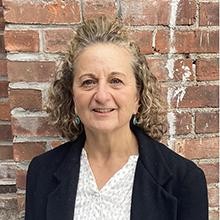 Jacqueline Dick, MS,
Jacqueline Dick, MS,